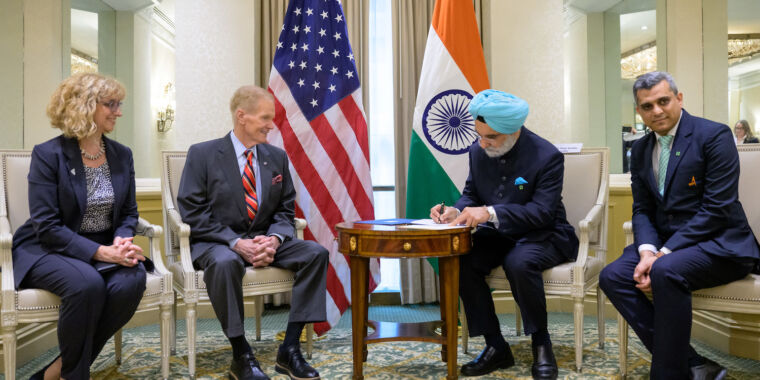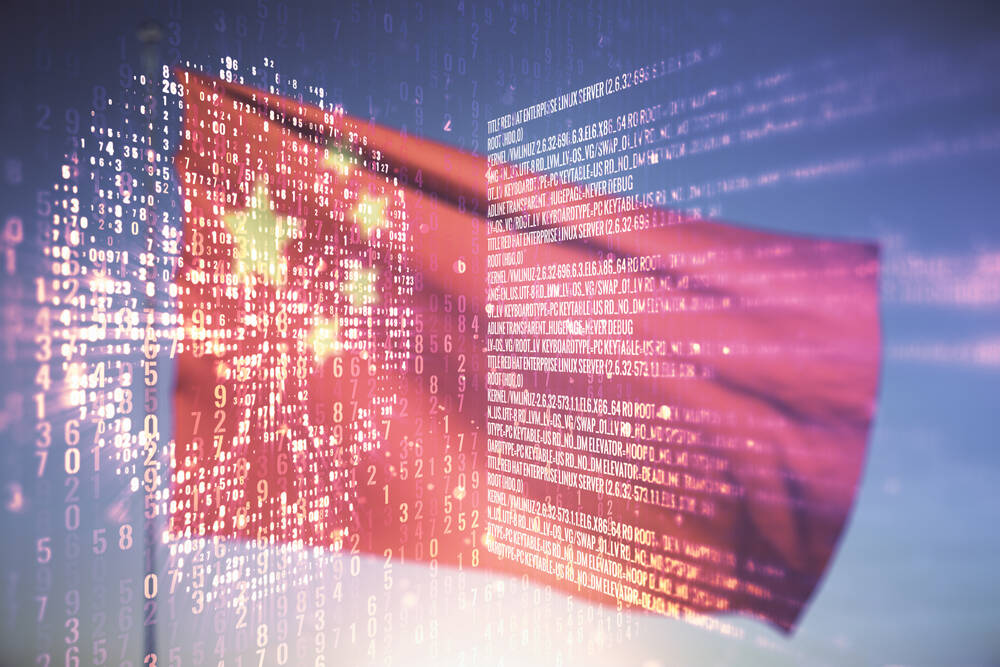The US Commerce Department announced Thursday it is easing restrictions on exports of space-related technology, answering a yearslong call from space companies to reform regulations governing international trade.
This is the most significant update to space-related export regulations in a decade and opens more opportunities for US companies to sell their satellite hardware abroad.
“We are very excited about this rollout,” a senior Commerce official said during a background call with reporters. “It’s been a long time coming, and I think it’s going to be very meaningful for our national security and foreign policy interests and certainly facilitate secure trade with our partners.”
Overdue reform
One of the changes will allow US companies to export more products related to electro-optical and radar remote sensing, as well as space-based logistics, assembly, or servicing spacecraft destined for Australia, Canada, and the United Kingdom.
“They’re easing restrictions on some of the less sensitive space-related technologies and on spacecraft-related items going to our closest allies, like Australia, Canada, and the UK,” the senior Commerce official said. “These changes will offer relief to US companies and they’ll increase innovation without comprising the critical technologies that keep our nation safe.”
Another update to the Commerce Department’s regulations will remove license requirements for exports of “certain spacecraft components” to more than 40 allied nations, including NATO and European Union member states, Argentina, Australia, Canada, India, Israel, Japan, Mexico, New Zealand, Singapore, South Africa, South Korea, and Taiwan. This will also create more license exceptions to support NASA’s cooperative programs with other nations, officials said.
A third change, which hasn’t been finalized and must go through a public comment period, proposes to transfer some space-related item—spacecraft capable of in-space docking, grappling, and refueling, autonomous collision avoidance, and autonomous detection of ground vehicles and aircraft—from the highly restrictive State Department’s US Munitions List to the more flexible Commerce Control List.
Note: This article have been indexed to our site. We do not claim legitimacy, ownership or copyright of any of the content above. To see the article at original source Click Here











